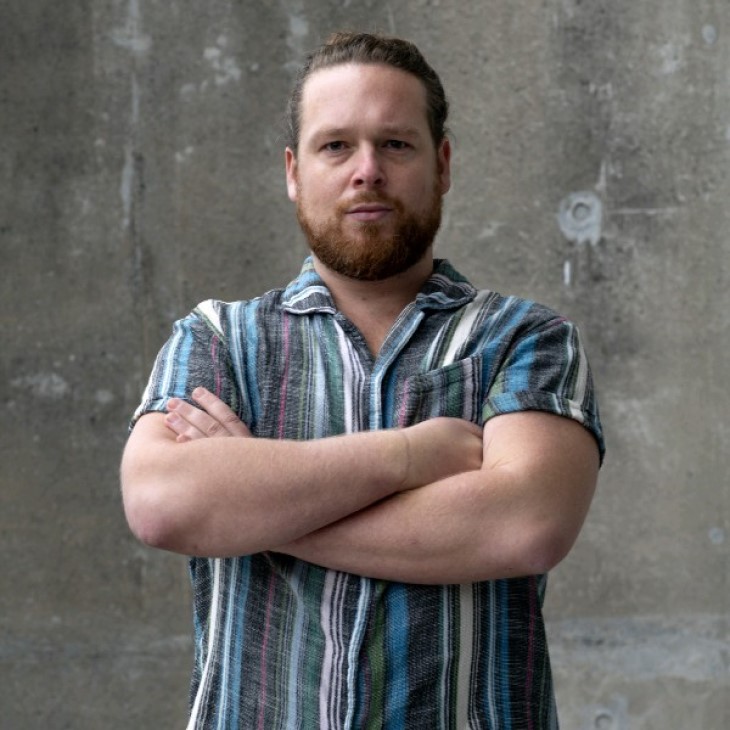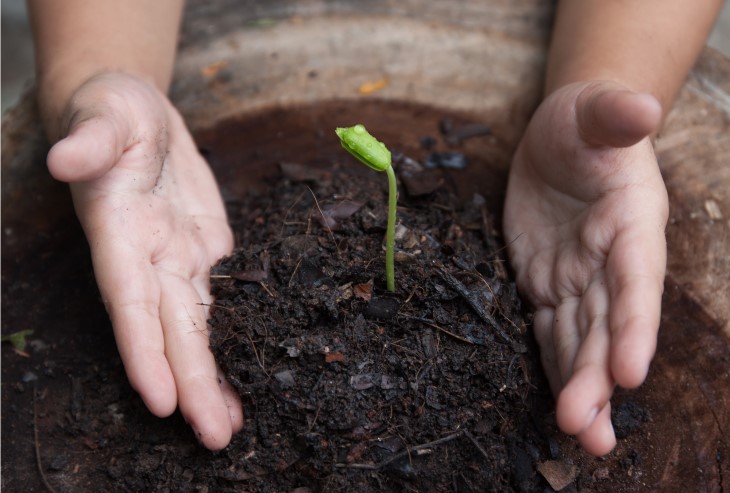ACC scholarship: History of abuse motivates research
Sexual abuse survivor Luke Hollis is one of six students to be awarded an ACC postgraduate research scholarship. He’s using his childhood trauma as motivation to help others recover from similar experiences.
After his own experience of childhood abuse, Luke Hollis began his educational journey to becoming a psychologist.
Luke is working towards a Master of Health Psychology at Te Herenga Waka Victoria University of Wellington.
And a scholarship from ACC will help him on his journey.
Luke is one of six recipients of an ACC scholarship awarded to students enrolled in a master’s degree at an approved New Zealand institution.
He’ll focus his research on male child sexual abuse survivors, particularly examining how disclosure leads to recovery, such as optimised health and reduced injury risks.
“Many times in conversation I’ve heard that men who are sexually abused as children have no chance of recovery and are broken,” Luke says.
“As a survivor myself, I wanted to create a platform where men could feel empowered to tell their stories of resilience and recovery, and importantly, who and what systems promote positive health outcomes after disclosure.”

Support networks key to recovery
Through his study, Luke will highlight the importance of human-led therapeutic approaches and informal support networks in long-term recovery.
“Survivors often experience mental health declines, substance abuse and broken relationships, all of which can lead to psychological and behavioural issues that can cause them further harm, for example through hospitalisation, injury or health deficits,” he says.
“My research explores the role of male disclosure, and how professional and personal support systems can facilitate recovery trajectories.
“This is relevant to ACC because disclosure has the capacity to preventatively redirect the accumulation of negative health outcomes often associated with non-disclosure.”
Speaking out to seek support
Luke has spoken about his own childhood sexual abuse in the past to encourage other male survivors to disclose their experiences and seek support.
“My research is an embodiment of my ideology that disclosure can lead to better outcomes, which for me has been gaining support, optimising my mental and physical health, maintaining the resilience needed for self-development and being able to help support others,” he says.
As a full-time student in the capital, supporting himself with living costs has been difficult over the years, while balancing paid work has also proved challenging.
“Although commencing my research has been incredibly rewarding, it’s also meant I’m constantly exposed to content about the same trauma I’ve endured,” he says.
“As such, prioritising my own wellbeing has been important for myself and the research, which means not taking on more than I can handle.”

ACC scholarship provides boost
Luke says the ACC scholarship has allowed him to focus on unpacking the experiences of his participants safely and accurately, without additional financial pressure, as well as prioritising the work needed to produce a high-quality project.
In addition to funding the research Luke’s doing, ACC has also awarded scholarships, ranging from $7,500 to $15,000, to Auckland University of Technology student Hana Sikma, Massey University student Adrian Pretorius, and University of Otago students Merrick Rodrigues, Merope Griffin and Reghan Laurie.
The 2024 scholarship has been awarded to six master’s students whose studies relate to ACC’s research priorities, says ACC Strategy, Engagement and Prevention Deputy Chief Executive Andy Milne.
“These priorities are informed by ACC’s 10-year strategy, Huakina Te Rā,” Andy says.
“ACC is committed to addressing complex challenges and understanding emerging trends in injury prevention and sustained recovery. The postgraduate scholarship is a fantastic opportunity to fill gaps in our knowledge about these challenges and trends.
“The findings will inform operational and investment decisions and actions.”
ACC’s research priorities for 2025 include ways to keep people at higher risk of injury safe, how to enable groups who most need additional support to access the ACC scheme, and what helps people to recover well from injury and stay safe from re-injury.
The 2025 scholarship will be available through Te Pōkai Tara Universities New Zealand later in the year.




